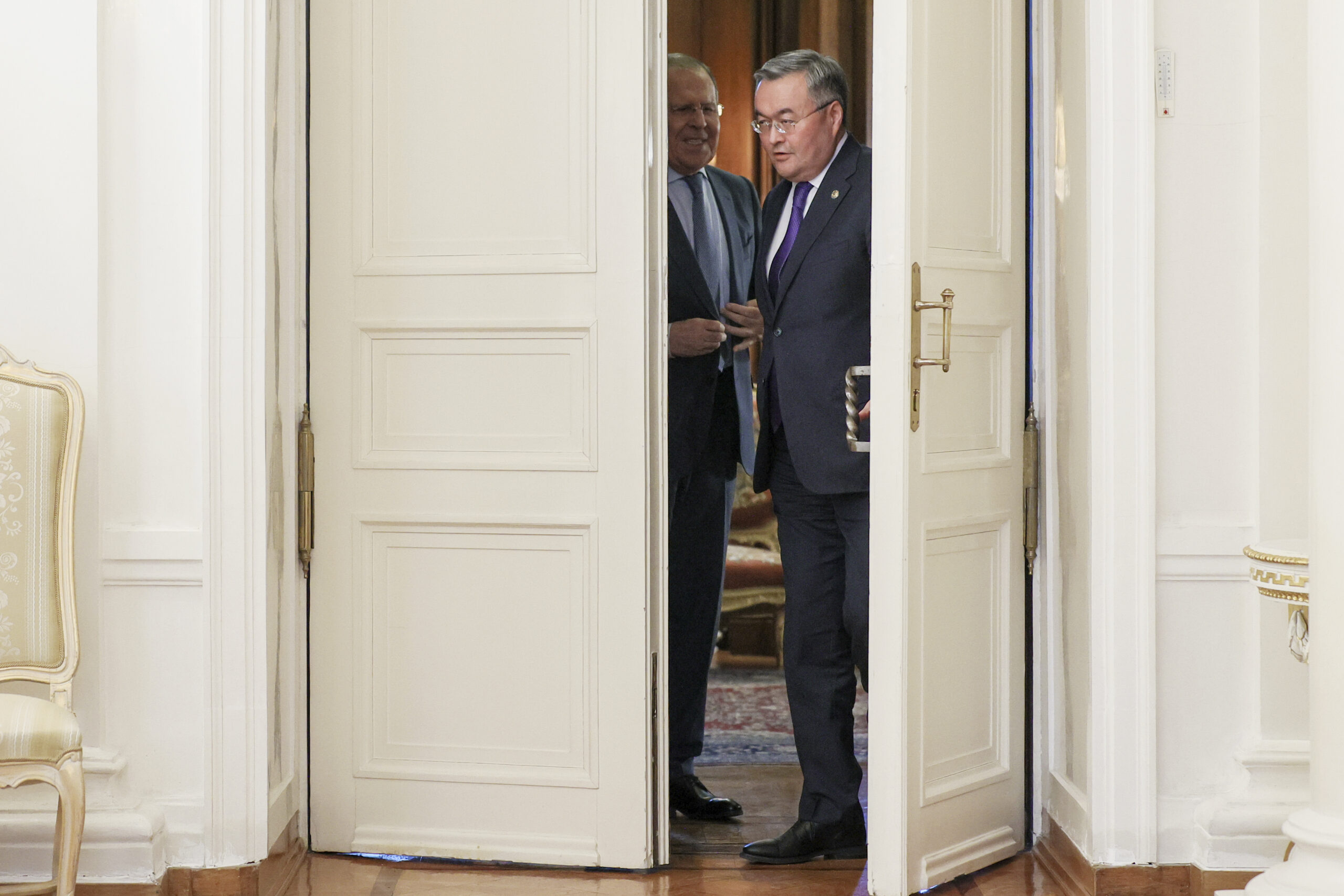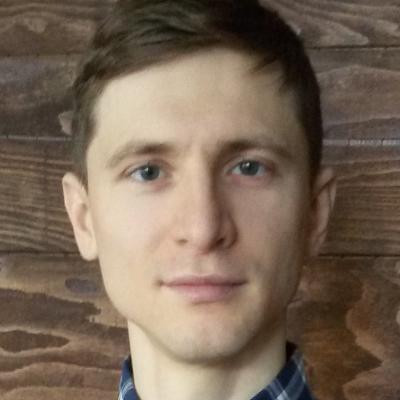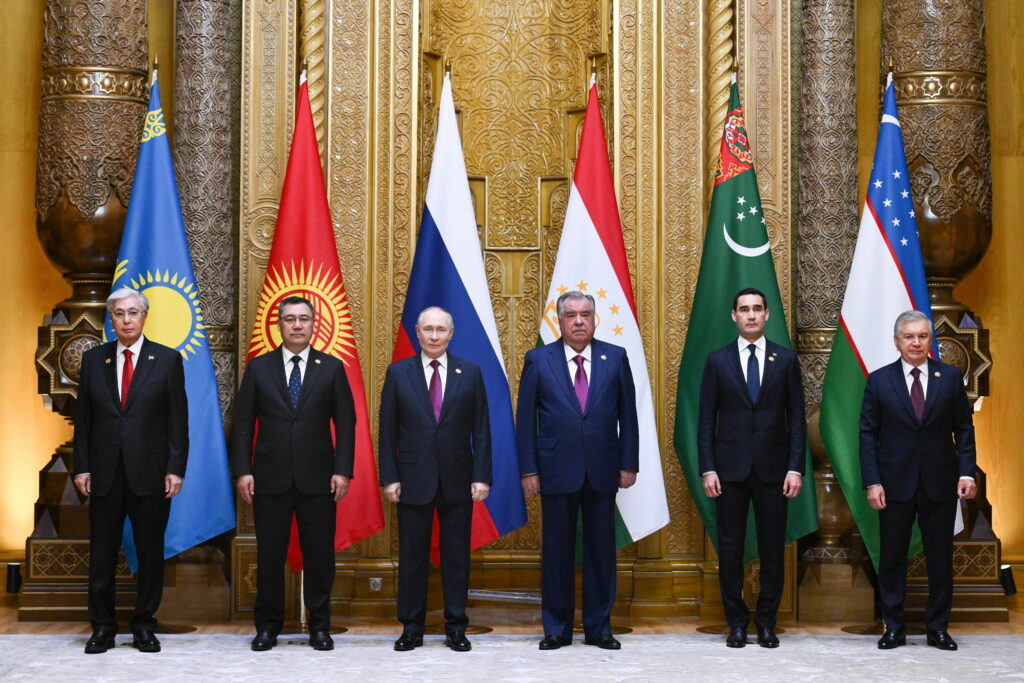At the International Economic Forum in St Petersburg in June, President of Kazakhstan Kassym-Jomart Tokayev made a bold statement about not recognising the ‘quasi-state territories’ of the Luhansk and Donetsk People’s Republics (LPR and DPR, respectively). He said this in the presence of Russian President Vladimir Putin, which made the situation even more provocative, as the Kremlin needs clear international support, which has so far been limited to a couple of satellite states. Tokayev’s statement looks even more surprising after the events of January 2022 in Kazakhstan: in response to mass protests and street pogroms, the intervention of CSTO forces provoked a flurry of comments to the effect that Tokayev would now owe the Russian president a favour.
Kazakhstan, however, can boast of a wealth of experience when it comes to manoeuvring between the interests of several major international players at once: China, Russia and the United States. Two questions are crucial: Will the second republic be able to strike a balance between the growing demands of civil society and President Tokayev’s policy of building an effective and strong state apparatus? And will Kazakhstan be able to withstand pressure from its northern neighbour?
The answers to both of these questions are intertwined: the political transition in Kazakhstan has exposed significant changes in society’s political preferences and a demand for reforms. Society has become empowered, while the state has been able to only partially meet its demands. Domestic political instability opens up opportunities for the Kremlin to use a standard set of means of pressure, from economic blackmail to ‘protection of the rights of the Russian-speaking population’. Can the new Kazakhstan not only withstand this pressure but also introduce political reforms without stifling nascent civil society? And what consequences will these transformations bear for Putin’s Russia?
Society is gathering steam
Kazakhstan under President Nursultan Nazarbayev seemed to exemplify stability: there were no major protests, and the elites were confined to political clans under strict control. From time to time, however, deep cracks appeared in the façade of stability: in December 2011, a months-long workers’ strike in Zhanaozen turned into bloody clashes with the police. In early 2014, following the tenge crash, a series of rallies and demonstrations swept the country, where the slogan ‘Old man, out!’ – addressed to Nazarbayev — was chanted for the first time. And in winter 2019, in the aftermath of the tragic death of the Siter sisters in the capital (the girls died in a fire in a temporary shelter), women turned out to protest against state social policies. These protests culminated in a change of government and, a month later, Nazarbayev’s resignation.
The resignation of Kazakhstan’s first president empowered society. Political mobilisation took a variety of forms, from rallies during the presidential election to new movements such as Oyan, Qazaqstan! (‘Wake up, Kazakhstan!‘). According to the Oxus Society Protest Tracker, the number of protests in the largest cities (Almaty, Nur-Sultan and Shymkent) increased sharply in 2019−2020. Thus, researchers started to speak of a new ‘culture of protests‘. Scattered protest movements culminated in the events of January 2022, when an upsurge in the price of liquefied petroleum gas (LPG) — the main fuel for motorists in the south and west of the country — provoked mass unrest in Zhanaozen. On 4 January, the government announced price cuts in the region, but peaceful protests had by then spilled over to at least 14 towns, and clashes with law enforcement broke out in the evening of the same day. The violence escalated. Communication networks were disrupted. Tokayev, in a televised address, declared that ‘the country was attacked by terrorist gangs’, introduced a state of emergency and called for CSTO intervention to restore order.
The violent crackdown on protests (including the detention of more than 4,000 people), the arrival of a CSTO contingent and arrests of high-ranking officials led to rapid demobilisation. The CSTO peacekeepers left the country as early as 14 January, and within the following week several of Nazarbayev’s relatives resigned from senior positions in the state apparatus and large companies. Tokayev announced a major package of socio-economic stabilisation measures and political reforms, which took the form of constitutional amendments. This was an acknowledgement that the protesters included not only extremists and looters but also citizens with sensible demands.
During Nazarbayev’s presidency, public demand for change remained unmet: the party system and legislative process were almost entirely subdued to the pro-presidential Nur-Otan (now Amanat) party, while frequent changes in electoral legislation, restrictive registration rules for new parties and control over the electoral process left no option for independent actors to operate. Reports by international organisations (Amnesty International, Human Rights Watch, Reporters Without Borders) regularly document human rights violations, including the right to freedom of assembly and electoral rights. The political transition opened up new opportunities for participation, but the lack of institutionalised participation mechanisms led to mass mobilisation. Society had set out its stall.
A new state
The political system constructed by Nazarbayev is best defined as neo-patrimonialism, where the main political and economic role is played by political clans interrelated through loyalties and rent distribution. The biggest of these clans was the family of Kazakhstan’s first president and their clientele. Like other post-Soviet states rich in natural resources, Kazakhstan experienced rapid economic growth in the 2000s: GDP per capita (2015 USD exchange rate) grew from USD 4,500 in 2000 to USD 11,500 in 2019. However, the benefits have been extremely unevenly distributed among different social groups. Furthermore, the country’s economy has been vulnerable to external and internal shocks; the 2008−2009 global economic crisis and the 2014 crisis seriously undermined the early economic successes, and double-digit growth figures were replaced by sluggish growth in the 2010s.
The political transition that began in 2019 did not harbinger a major transformation: Tokayev was a member of the Nazarbayev clan, while the ‘founder of independent Kazakhstan’ himself retained a number of privileges after leaving office, including the special title of Elbasy (meaning ‘the Leader of the Nation’) as well as the positions of chairman of the Security Council and ruling party. Nevertheless, in his September 2020 address to the nation, Tokayev chose the rhetoric of renewal and reform. The key terms were action verbs (‘I command’, ‘to adopt’, ‘to develop’) and adverbs/adjectives indicating obligation. The word ‘reform’ itself and various modifications thereof were used 30 times in the context of practically all spheres of socio-political life, from public administration to justice. Indirectly, this rhetoric pointed to the need to dismantle a system of bad governance fraught with nepotism, pervasive corruption and vulnerability to global challenges.
Tokayev’s initial reforms were of a probing nature. Changes addressed the procedures for conducting assemblies and rallies, registration of political parties and electoral legislation. Some results became noticeable as early as in 2020−2021. The Quality of Government (QoG) Index developed by the QoG Institute of Gothenburg University comprises four indicators which stagnated under Nazarbayev, namely safety and security and the rule of law; participation, civic rights and inclusion; human development; and economic opportunities. They improved greatly after Tokayev had assumed the presidency, which is especially noticeable in comparison with other post-Soviet countries.
The January events gave a serious impetus to Tokayev’s programme, and the president announced a referendum on constitutional amendments in late April. Experts criticised the haste and the lack of transparency of the process in the run-up to the referendum, calling it a move towards a plebiscitary model or electoral authoritarianism. On voting day, independent observers reported that they were removed from polling stations and faced pressure from election commission members and law enforcement agencies.
The official results — 77% of the vote in favour of the amendments and a 68% turnout — revealed a correlation between these two indicators typical of many electoral autocracies. It raises suspicion of profound government interference in the expression of citizens’ will. The referendum secured the transfer of power to Tokayev and legitimised the course towards the construction of the second republic. Such a large-scale political transformation could not go unnoticed by the Kremlin.
A pivot country among great powers
International relations theory often defines Kazakhstan as a pivot country, whereby Kazakhstan is in the sphere of interest of and the rivalry between several major players (China, Russia and the US). Pivot countries usually find themselves under serious pressure, but Jessica Neafie’s detailed analysis of Kazakhstan’s foreign policy strategy demonstrates that the largest Central Asian state manages to maintain a working relationship with all parties and even to negotiate its position on its own terms. For example, in addition to its large trade turnover with Russia, Kazakhstan actively attracts American investment in the energy sector and cooperates with China on major infrastructure projects such as the Belt and Road Initiative.
For the Kremlin, Kazakhstan’s strategic importance goes beyond economic ties: Moscow expects Nur-Sultan to help it circumvent Western sanctions. Kazakhstan’s multi-vector policy is an ideal disguise, but the new president, with his commitment to international law and order, could be a serious obstacle. Tokayev and Putin clearly hold different views on the global political order, which was exposed not only in the former’s words on the status of the so-called LPR/DPR but also much earlier. At the Valdai Forum in October 2019, when reacting to Tokayev’s statement that it was better to have good relations with all countries than to have nuclear weapons, Putin ironically remarked that ‘Saddam Hussein had thought so too’. The professional background of the two heads of state is yet another reason for them to see things differently: Tokayev, a career diplomat who had long served in international institutions, clearly assesses their nature differently than a former KGB officer who is suspicious even of his inner circle.
Undoubtedly, the Kremlin has a wide range of tools to put pressure on Kazakhstan, from propaganda and meddling in elections (up to 90% of Kazakhstan’s population is Russian-speaking, and Russian-language media users tend to trust pro-Russian narratives) to cyberattacks. Moscow can also hit Kazakhstan’s economy hard, as evidenced by problems with Kazakh oil transportation encountered by the Caspian Pipeline Consortium (CPC). After an equipment breakdown at the CPC marine terminal in Novorossiysk in March 2022, oil shipments were suspended and then resumed at less than capacity. In May, the Federal Service for Supervision of Natural Resources (Rosprirodnadzor) spotted more than a hundred violations, and on 6 July a court suspended the CPC’s operations for 30 days, raising serious concerns among experts that the company could be nationalised by Russia. Moscow and Nur-Sultan have denied any underlying political motives, but possible ways to diversify the CPC’s oil exports (the CPC pumps up to 80% of Kazakhstan’s oil) were the subject of recent discussions between Tokayev and the government. At the same time, Dmitry Peskov has already stated that he can trace a hidden political agenda in Kazakhstan’s search for alternative routes to transport its oil.
At the same time, the Kremlin is in no hurry to antagonise relations with its southern neighbour: first deputy chairman of the Federation Council Andrey Turchak had to denounce a statement about ‘possible territorial issues’ uttered by Konstantin Zatulin, the first deputy chairman of the State Duma committee for the CIS. Previously, there were similar mishaps involving other Russian politicians. Such not-so-subtle hints at a Ukraine scenario cannot but irritate Nur-Sultan. They are unlikely to persuade Kazakhstan to support its northern neighbour, whose key objective is to prevent small cracks from growing into a serious rupture.
Narrow window of opportunity
Tokayev’s second republic faces the difficult task of fitting in the narrow window of opportunity while trying to maintain a dynamic balance between a society that is gathering steam and the state. Moreover, it wants to further pursue a multi-vector foreign policy against the backdrop of the confrontation between Russia and the West. It has been encountering numerous difficulties along the way: for example, the appointment of regional governors and city mayors by election should be an important element in the fight against corruption and nepotism, but at the same time it opens up additional possibilities for the Kremlin to interfere. In addition, closer international economic integration will raise questions of sanctions compliance. Given the new waves of Western sanctions which are likely to be aimed at monitoring compliance with those already imposed, it will become even more difficult to manoeuvre.
The ideology of the second republic, with its focus on an effective and strong state, is simultaneously familiar and foreign to the Kremlin. When he came to power, Putin also played with ideas of restoring the constitutional order and strengthening the power of the state. However, Tokayev’s reforms aimed at dismantling the clan system could undermine Moscow’s ability to influence the Kazakhstani elite. The profound cautiousness of Tokayev’s reforms is interpreted by the Kremlin in a way that no drastic moves will be introduced in the country. Such caution, however, is not in line with the expectations of many social groups that are awaiting more radical changes on the way to achieving social justice and political participation. Will the new Kazakhstan be able to move in the direction of reform and maintain friendly relations with all the major international players? History teaches us many bitter lessons in this respect. Still, Kazakhstan has a chance to open its narrow window wider if society manages to put enough pressure on the state (which is gaining strength) and the state does not repeat the mistakes of its northern neighbour which has turned state power into a tool used by a narrow group of individuals to pursue their interests.










